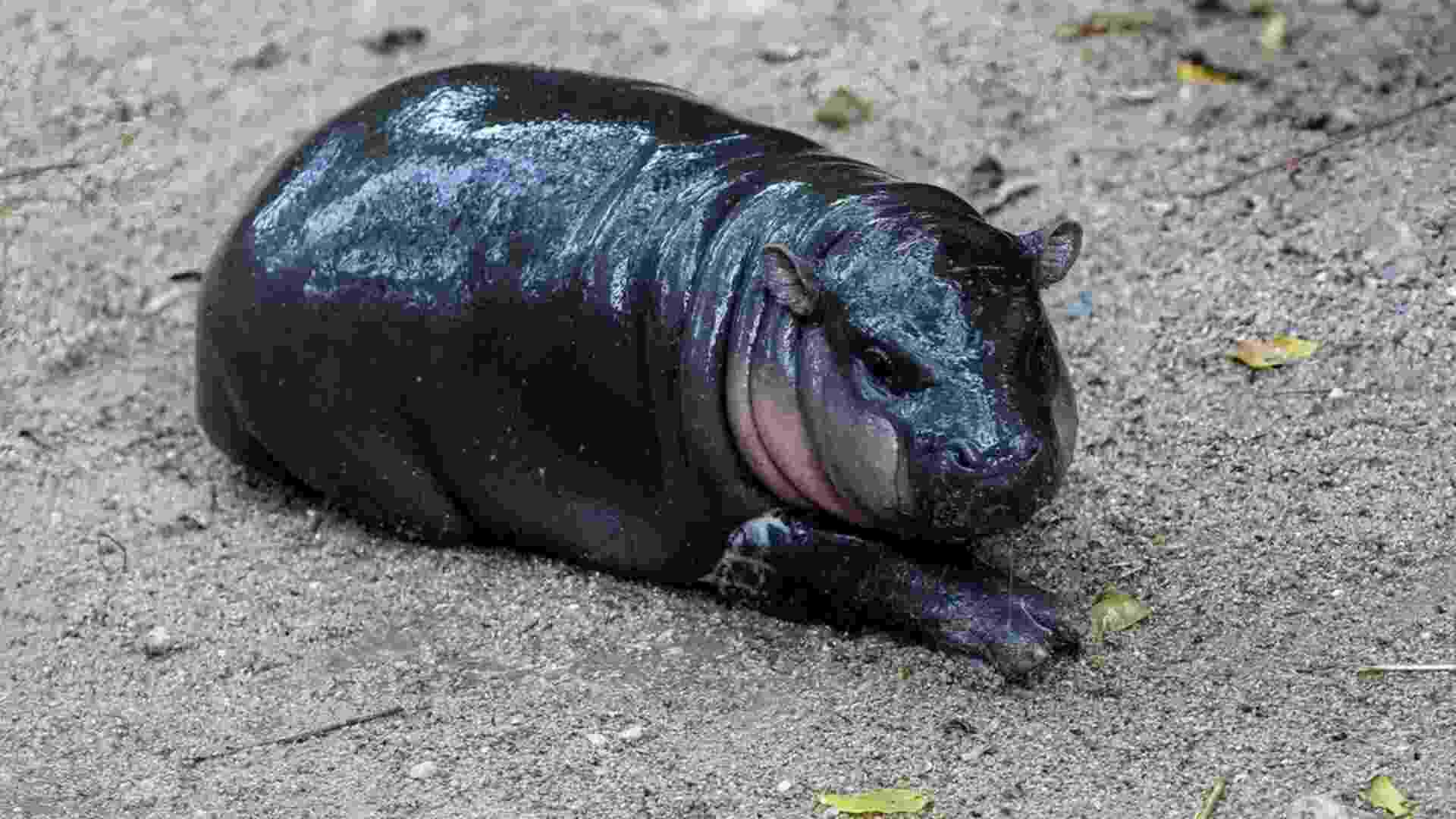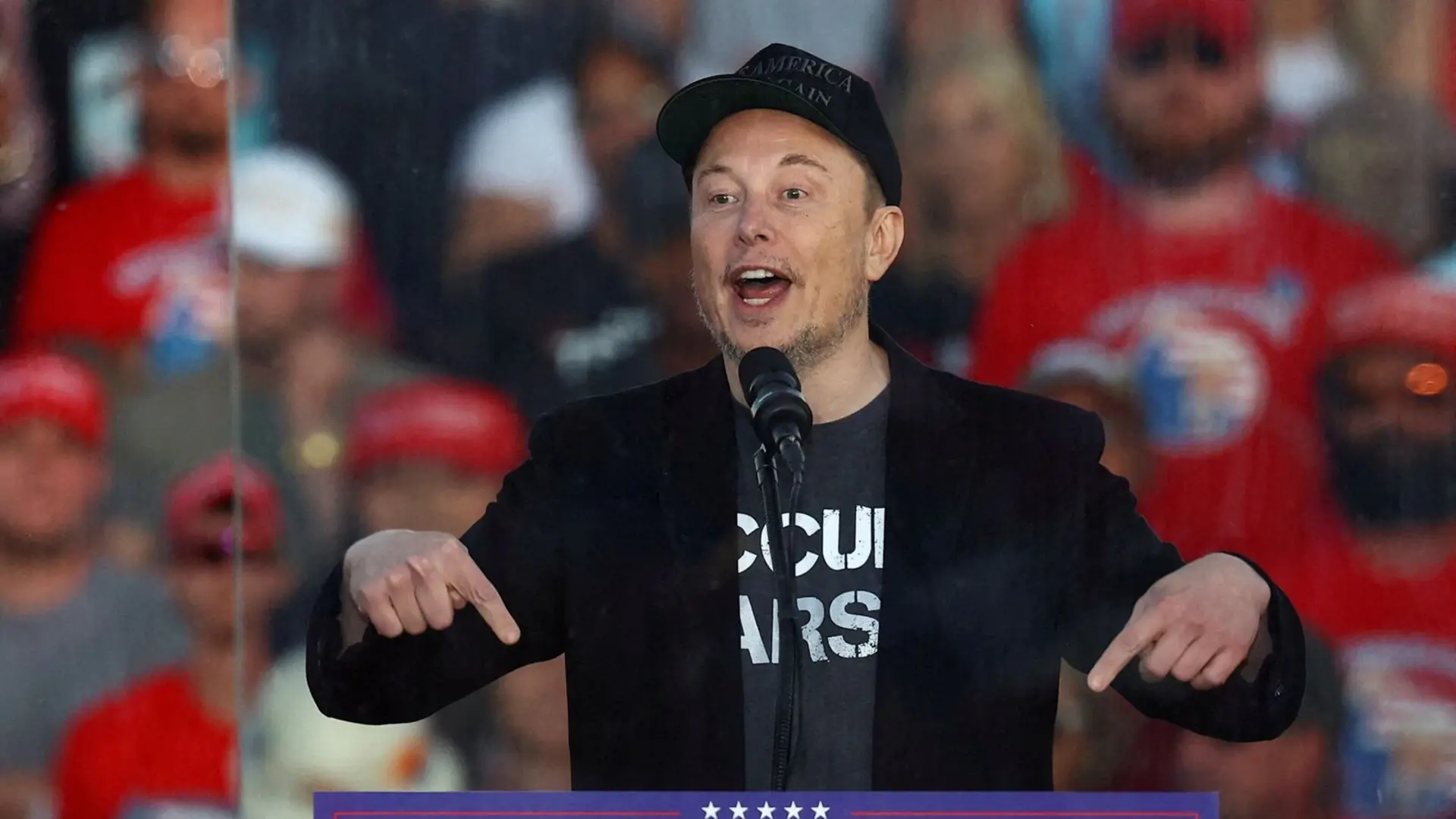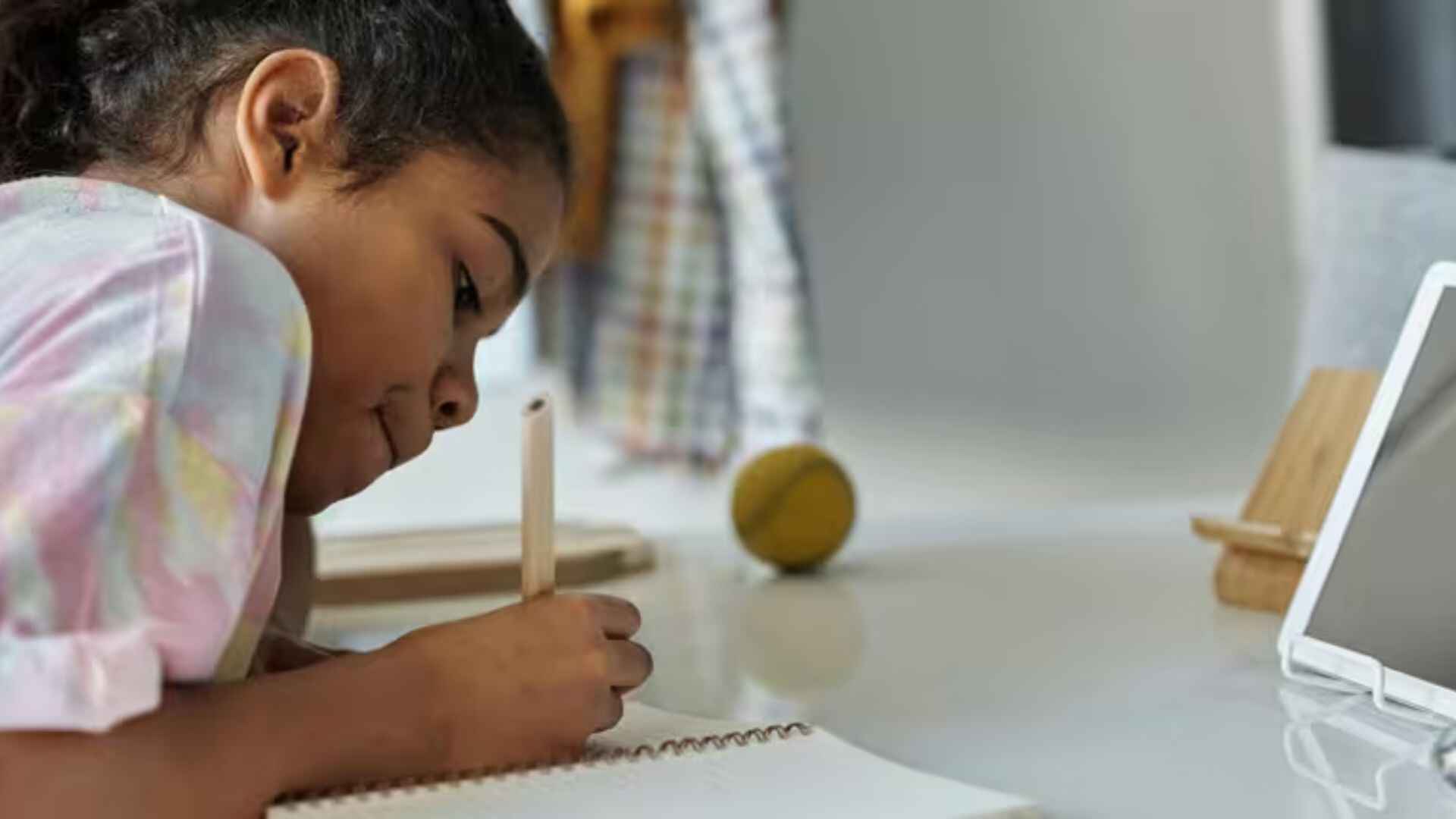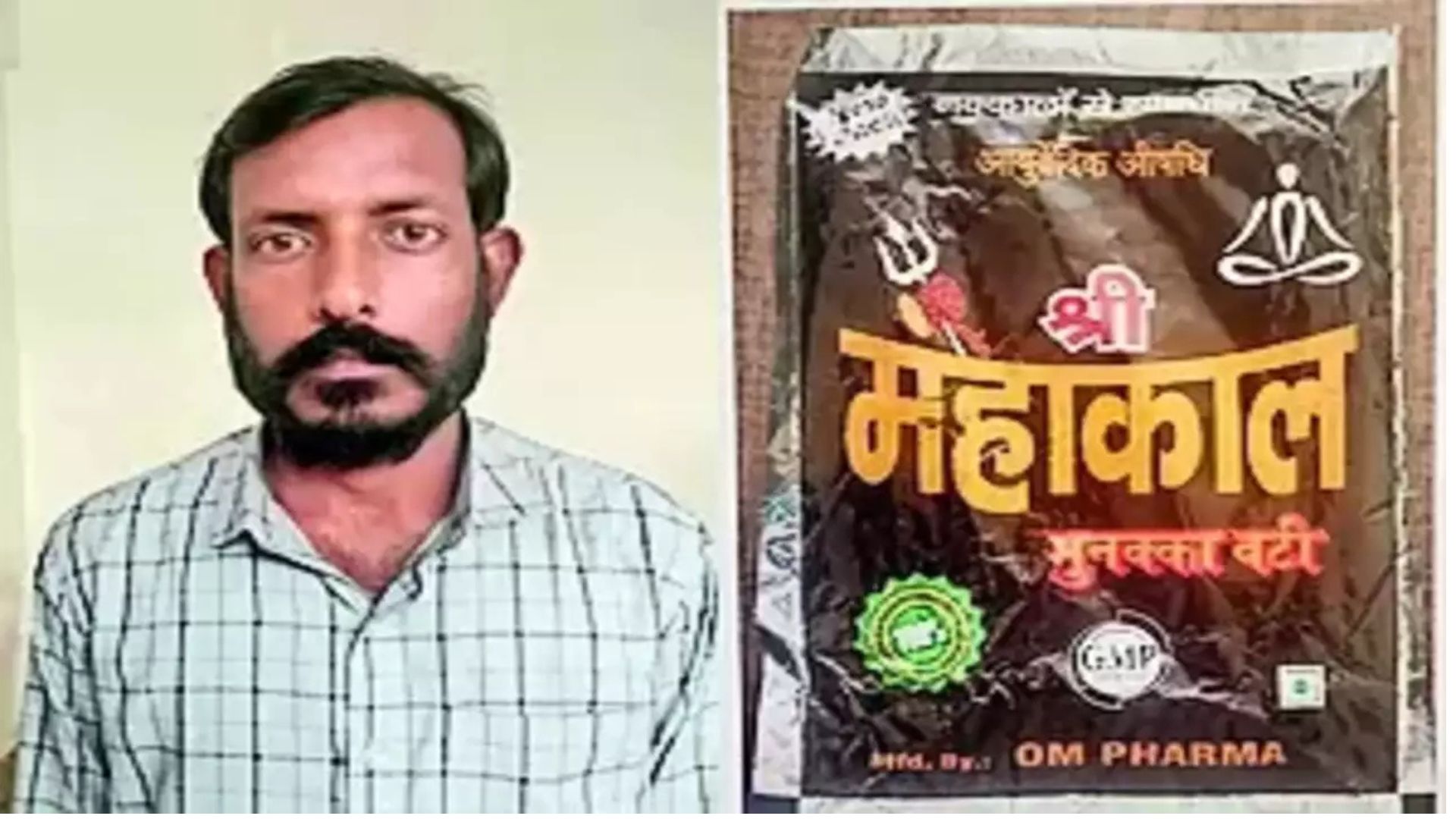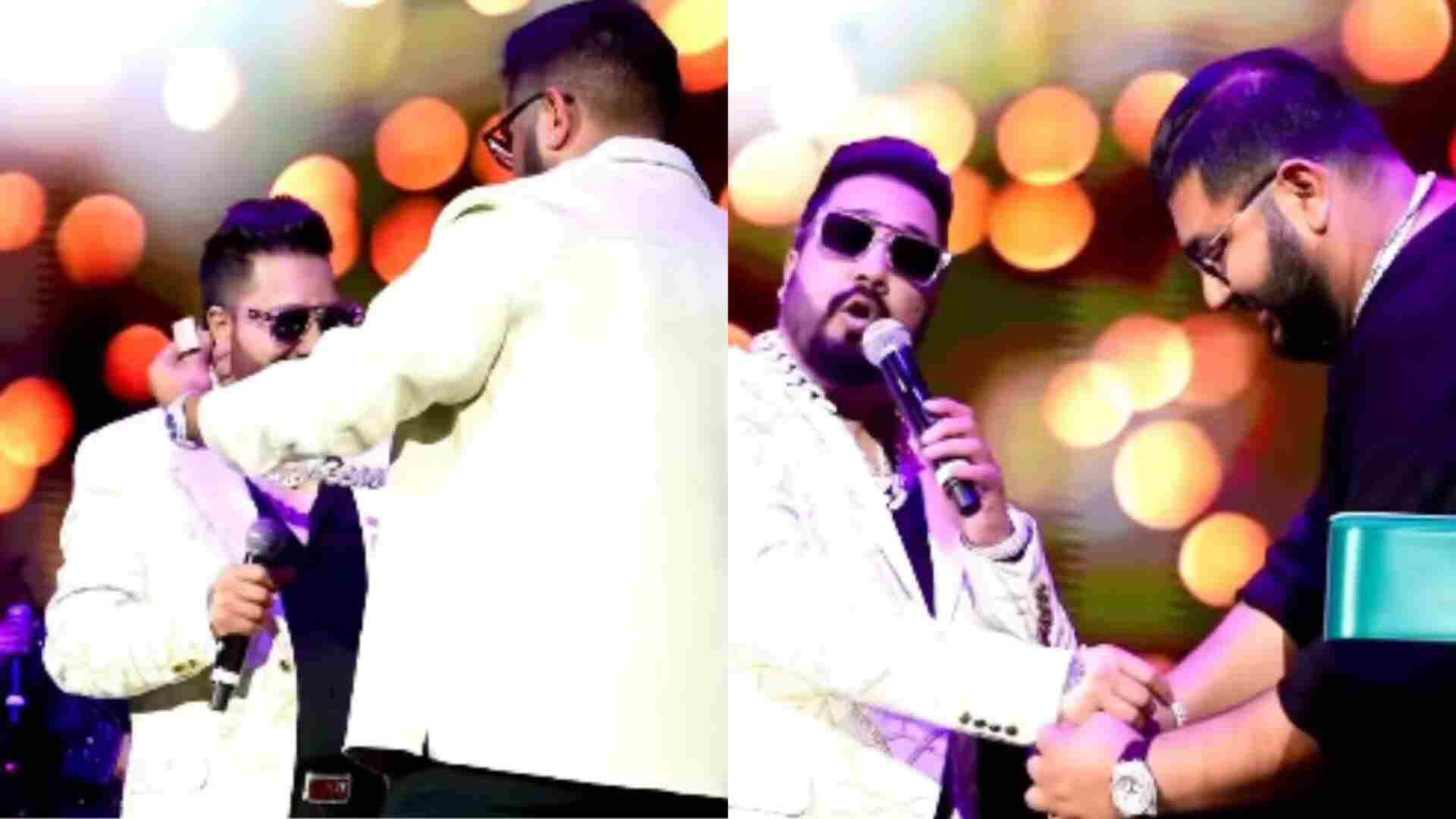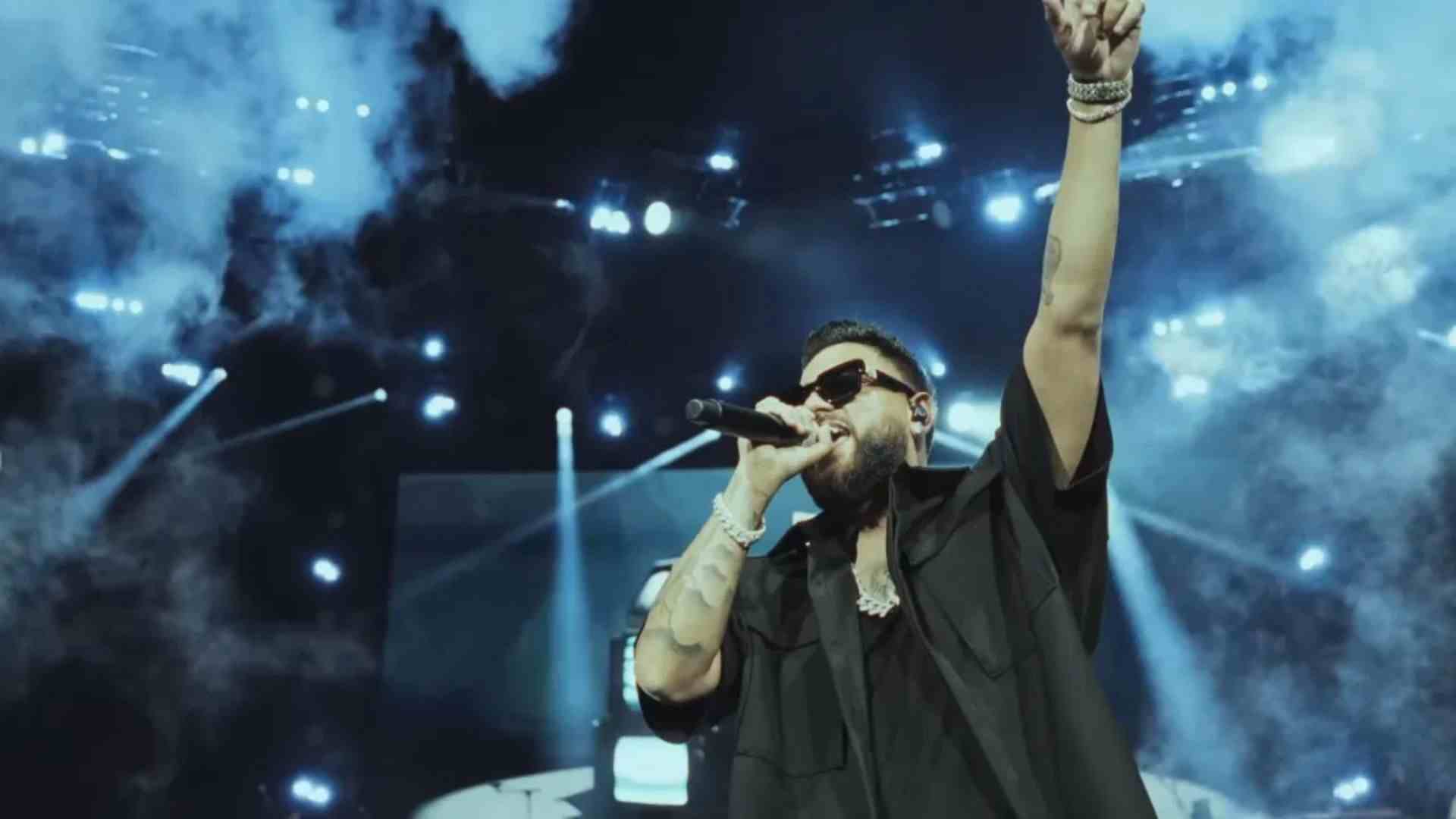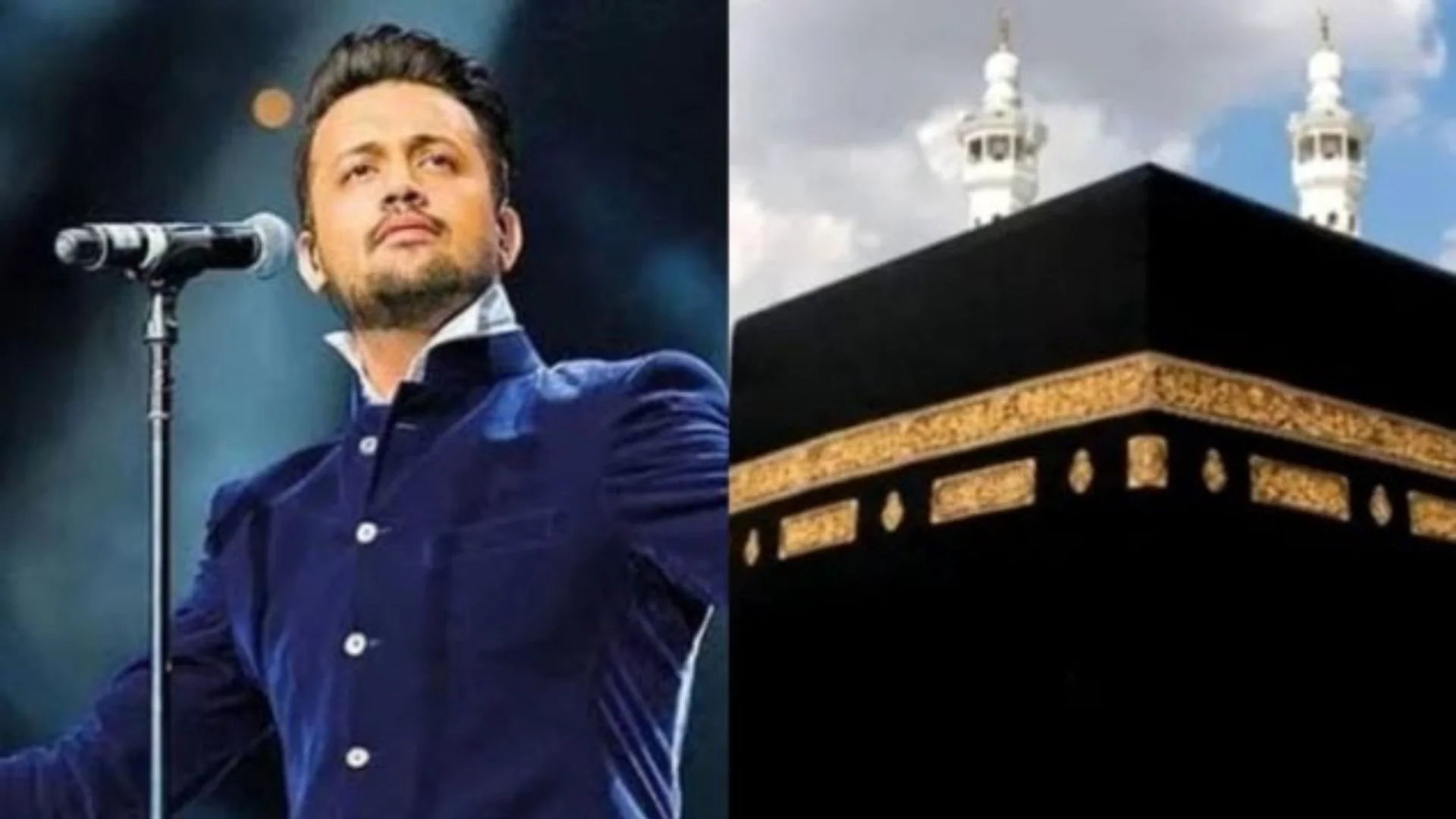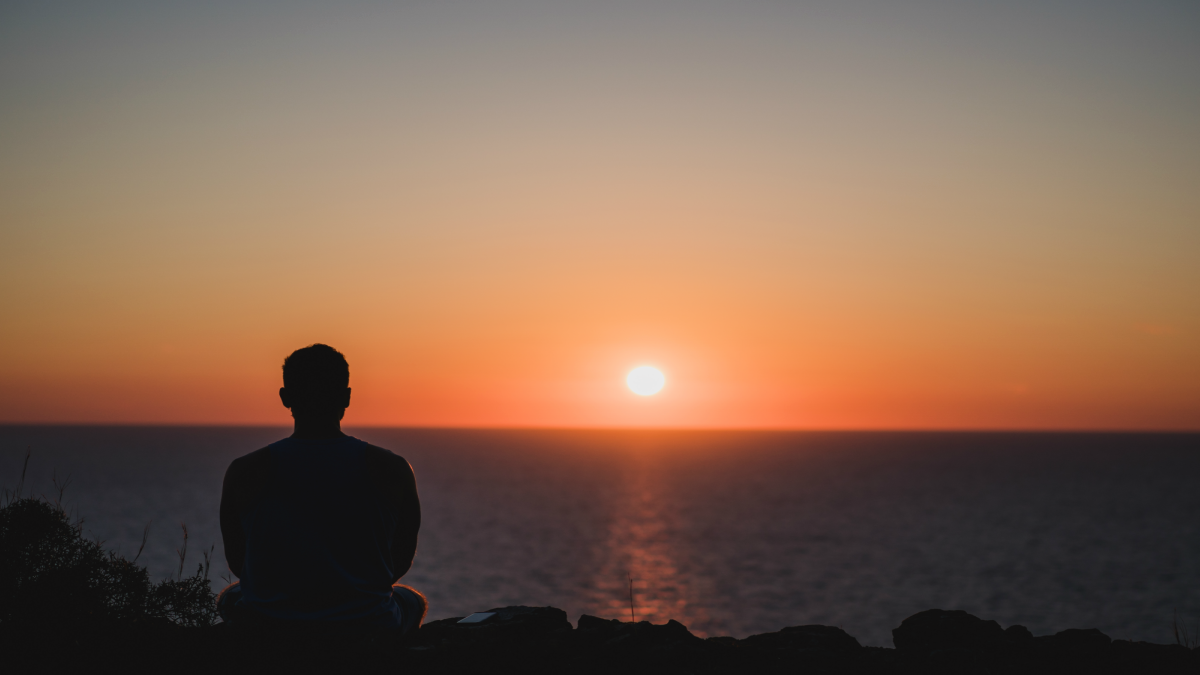
At the heart of every human tradition lie three aspects: respect for the Sacred, the Divine, deep inner values and, thirdly, a guide or signpost for what human life is about and what we human beings should be doing in life.
In recent decades, business leaders and the media have held sway and influenced a wide spectrum of decision-makers in communities, right through to the grassroots level. What seems to be missing is the art of listening to the inner voice of conscience. The present state of world affairs suggests that the voice of conscience has become numb, if not silenced. If we don’t listen to a good friend once, twice, five times, the friend will eventually say, “OK, do as you wish. I won’t say any more.” I feel this is a reflection of what is going on inside each of us. The conscience has stopped speaking to us and, even when it does sometimes, we do not heed its signal because of public opinion, society, culture and history. Instead, we say, “Let’s just follow what others are doing and keep going.”
We are now at a time when enlightened people, people with an awakened conscience, are coming together. This trend gives great hope because, generally, it has always been a small, dedicated minority that has brought major changes in history. People are now increasingly saying: ‘it’s time to listen to our conscience.’
What happens when the conscience awakens? As I begin to listen to that quiet voice within, I begin to move away from narrow perspectives and my horizons widen. I clearly see humanity as one human family and respect planet Earth as our home. I look at the past and see what we have done, and I look towards the future and see what I need to do now to create the future of my choice.
The choice is not a difficult one. It is not even just a question of a better world. It is a question of survival. Yes, words and actions are essential, but the seed of change sits within the human heart and mind. Compassion awakens within the alert conscience; we begin to treat each other with dignity and respect. But respect and dignity do not begin in my interaction with you; they begin deep down within the core of my inner being. In sweet silence, I can hear my voice of conscience and also connect with the truth, love, purity and peace within the self, the spiritual being. It is when I experience these inner qualities that I learn to respect myself.
Spirituality means to understand the self as a spiritual being and acknowledge my values and my self-respect. Secondly, spirituality makes me aware of the presence of the Creator in my life. In meditation, I focus on the Divine using a direct connection free of intermediaries. This way I draw spiritual strength and power from the Divine, which I then use to transform myself and my behaviour.
Societies worldwide are facing a huge crisis of self-respect and this is the root cause of the environmental crisis. Respect for the self and others can only begin when I go inside and revisit my inner qualities and values and re-energise them through my connection with the Source of all power. That respect then naturally extends to all forms of life and the planet we share. In this state of sharing, we benefit personally, because through silence and an active conscience, we are able to transform ourselves and live our lives according to our values.
The major part of our work is consciousness-raising—seeking to change the awareness, vision and attitude of those in government, civil society and within our own organisation through dialogue, partnerships, UN and other national and international conferences and local initiatives. In doing so, we aim to bring greater clarity in decisions for the common good and an understanding of how to empower people to adapt and flourish in response to the environmental crisis through a deeper understanding of their core values and inner strengths.
www.eco.brahmakumaris.org
B.K. Jayanti is the director of the Brahma Kumaris’ services in Europe.
